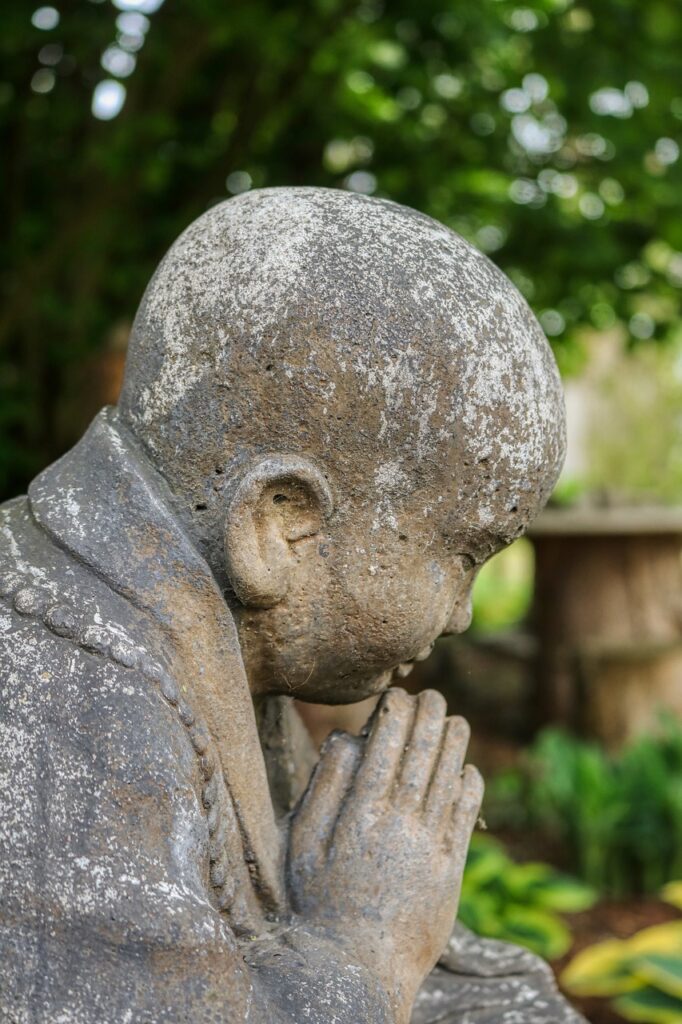The idea that forgiving is healing when someone has wounded you in some physical, mental, or emotional way can feel counterintuitive. Or maybe even downright wrong.
How can you possibly forgive the person(s) who hurt, criticized, or abused you? They’ve done wrong and they should be punished, right?
The problem is, you don’t have control over that. And those feelings of resentment, bitterness, anger, or hatred you harbor will slow or even stop your own healing process.
What Is Forgiveness?

It’s hard to define what forgiveness is since it’s a bit different for everyone. But at its core, it is the willingness to let go of resentment and anger toward someone or something that did you harm. Even though the offensive act may always be with you.
Furthermore, it’s the understanding that in doing so, the forgiver will feel less of a grudge and may (just may) eventually experience feelings of empathy and understanding. This last part is not a requirement though.
What Forgiveness Is NOT
Again, it can be very difficult to not dwell on a hurtful act. Especially when it’s done by someone you love(d) or trust(ed). The natural reaction is anger, confusion, and sadness. So why in the world would you forgive this person?
You do it for you, not for them.
Forgiveness is not about forgetting that something terrible has happened. Nor is it an admission that the act was okay or that you’re over it. You’re not letting them off the hook or expecting that their behavior will change as a result of it.
It’s more of a commitment to not feeling mad about it any longer – which takes tremendous courage, strength, and fortitude. And it’s not easy. The payoff is worth it though. Because ultimately, you suffer much more than the offender when you hold on to so much anger.
Forgiveness Is Also Different from Compassion
Some people confuse compassion for forgiveness. Compassion is feeling concern or sadness for others who have suffered. So someone who feels compassion toward their attacker/abuser may believe they’ve forgiven them. And they might have.
Compassion isn’t the end game here though. It can be a very helpful part of the forgiving process, but it isn’t a necessary component. To forgive someone, you needn’t understand why the person did what they did.
This can be a hard one to grasp. The most important thing to remember is this:
Forgiving Is Healing… for YOU
When you’re able to release from the strain of grudges and anger, you’ll experience improved health and peace of mind.
You’ll have lower blood pressure and improved heart health. And your mental health will benefit from boosts in self-esteem and reductions in anxiety, stress, and depression. All of this means a stronger immune system too. Furthermore, all of this goodness will extend outward to your other relationships.
The Drawbacks of Not Forgiving

Okay. We know how easy it is to hold on to anger. It almost feels protective. And you may have a completely valid reason for feeling righteous indignation.
The reality is, it’s not protecting you. Feeling constant low-lying stress is hard on your body. You’ll have increased blood pressure, depression, anxiety, and irritability. It becomes difficult to enjoy the moment you’re in and the connections you have with others.
And just as forgiveness improves all of your relationships, harboring never-ending resentment damages them.
So How Can You Practice Forgiveness?
Just remember that forgiveness is a commitment to change and that it takes practice.
In order to be successful in forgiving, it has to happen in your head and not be something you simply say you did. You have to truly believe that the other person deserves to be forgiven and that you will get something positive out of doing so. On a more practical level, you should also ensure that you’re relatively safe from being hurt by this person again.
Once you’ve checked those boxes, it’s important to understand that forgiveness has to happen in your own head. It can’t be something you just speak.
The first step is identifying what needs healing and whom you wish to forgive. Then you must recognize its value and the ways it can improve your life, as mentioned above. It can be helpful to join a support group or work with a life coach or counselor who can help you move forward as you work through releasing these long-held emotions that have negatively impacted your behavior.

You will be truly ready to forgive when you’re able to release the control and power that the offender or situation has had on you. And that if you’re not ready to do that just yet, it’s completely fine. Each of us has to work at our own pace to forgive.
Are You Ready to Forgive?
At the end of the day, forgiving is healing because it can bring you emotional and spiritual contentment by returning your power to you.
If you’re longing to forgive but aren’t sure you can handle it on your own, you don’t have to. Our life coaches can help you see the path more clearly and give you workable solutions to walk it.
We also offer mobile yoga and mindfulness services that can help you stay calm through the whole process. So don’t hesitate to contact us today!



